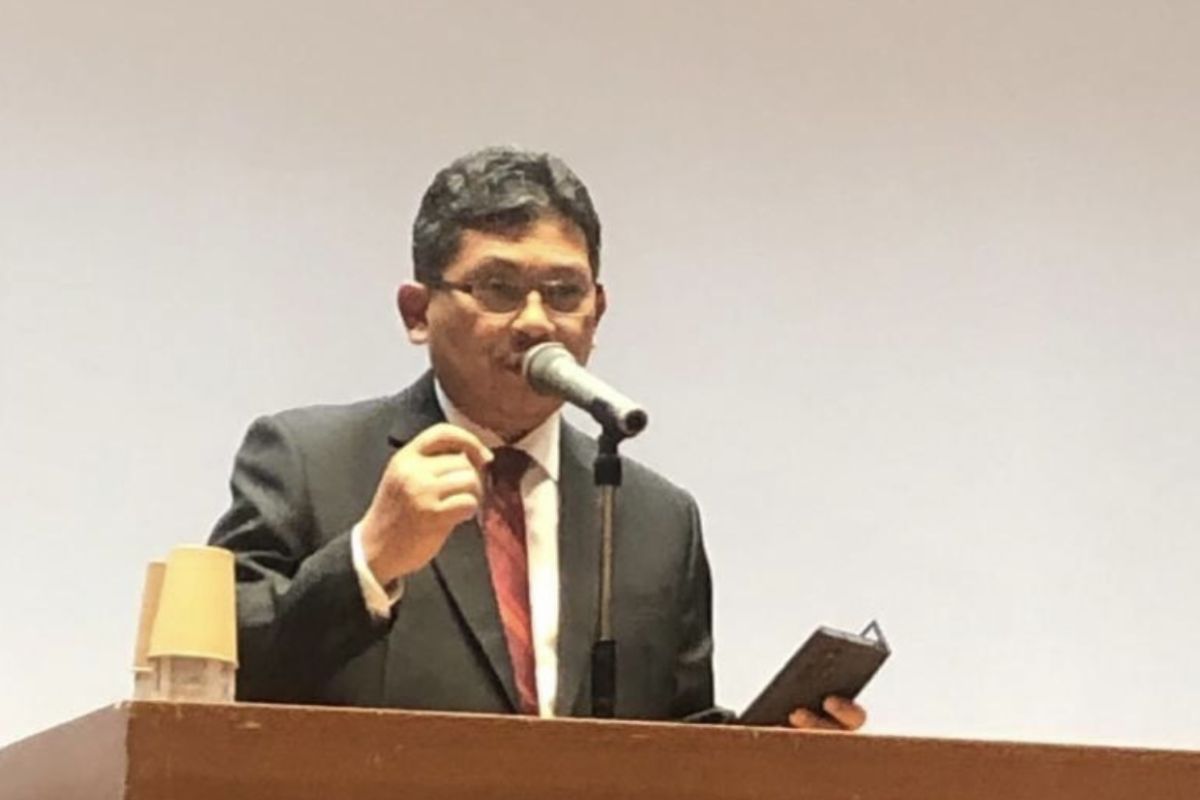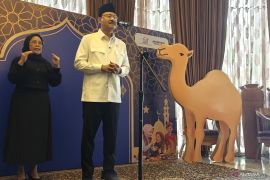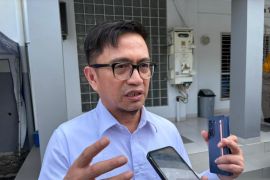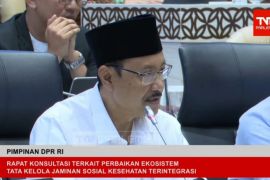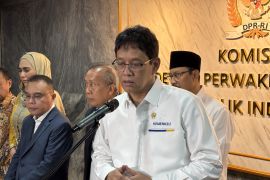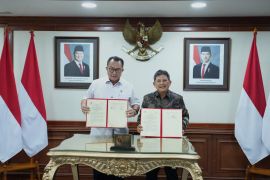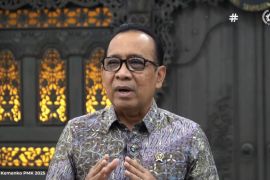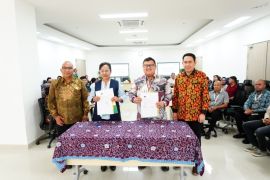Mukti conveyed this at the International Symposium: Advancing the Global Health Agenda-From Nagasaki to The World organized by the World Bank Group and the Joint Learning Network (JLN).
"The presence of the JKN program in Indonesia has brought extraordinary progress," he stated in Jakarta, Tuesday.
Currently, the comprehensive coverage of JKN program's benefits or participation in the health social security program has reached over 90 percent of Indonesia's population in less than a decade.
He noted that the state ensures all levels of society have access to equal and quality health services through the Universal Health Coverage (UHC) of the JKN Program.
The JKN program has also been proven to reduce the portion of out-of-pocket expenditure (OOP) in total health spending by half, from 49 percent to 25 percent in just eight years during the period from 2013 to 2021, Mukti remarked.
According to Mukti, Indonesia has also consolidated over 300 risk pools into one risk pool, thereby allowing subsidies from the healthy to the sick and from the working to the non-working population.
He said that BPJS Health is presented by the state as a single payer for health services to maximize the quality, efficiency, and sustainability of the JKN Program.
Mukti explained that his side has taken several steps to maintain sustainability of the JKN program, including by intensifying the collection of contributions for JKN participants by developing over 950 thousand payment channels.
The payment channels include auto-debit, mini-market outlets, JKN cadres, to BPJS Health partner banking network facilities, namely ATMs, mobile banking, and internet banking.
BPJS Health is also developing financing innovations through the JKN Donation Program by involving philanthropists and business entities as donors, Mukti remarked.
In addition, the government stipulates a regulation stating that 37.5 percent of tobacco tax payments from the local government's tobacco production are allocated to the JKN Program contributions, he stated.
Moreover, BPJS Health is developing a digital health ecosystem or telemedicine to accommodate JKN participants with online queue numbers for accessing health facilities.
"Waiting time at health facilities has also reduced, from an average of six hours in 2020 to 2.5 hours in 2023," Mukti remarked.
He highlighted that promotion, prevention, screening, and health consultation services were also strengthened not only for sick JKN participants but also for those who are healthy.
Related news: BPJS Health stresses importance of optimizing JKN program
Related news: BPJS Kesehatan asks recipients of UHC Awards to maintain achievement
Related news: VP outlines steps for achieving universal health coverage target
Translator: Astrid Faidlatul H, Resinta S
Editor: Azis Kurmala
Copyright © ANTARA 2023
